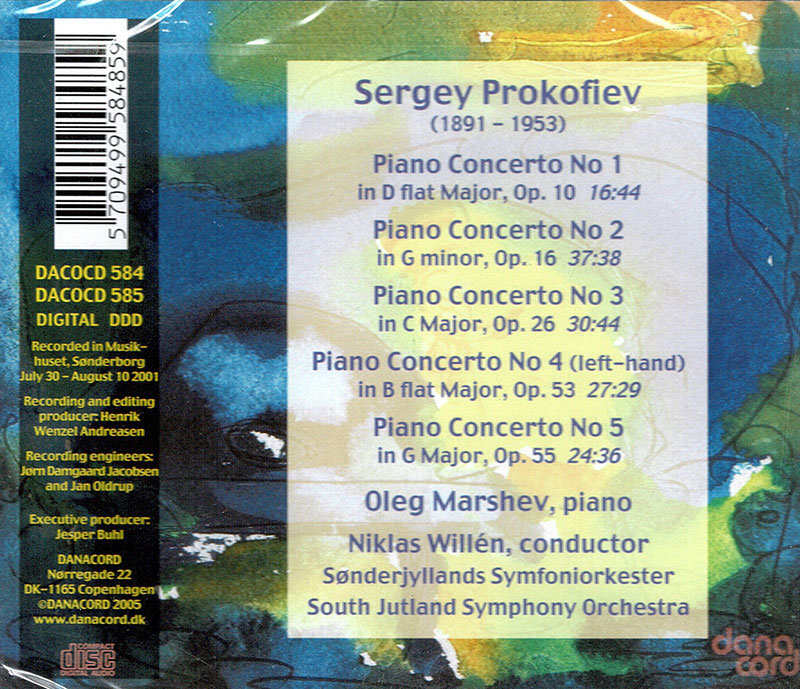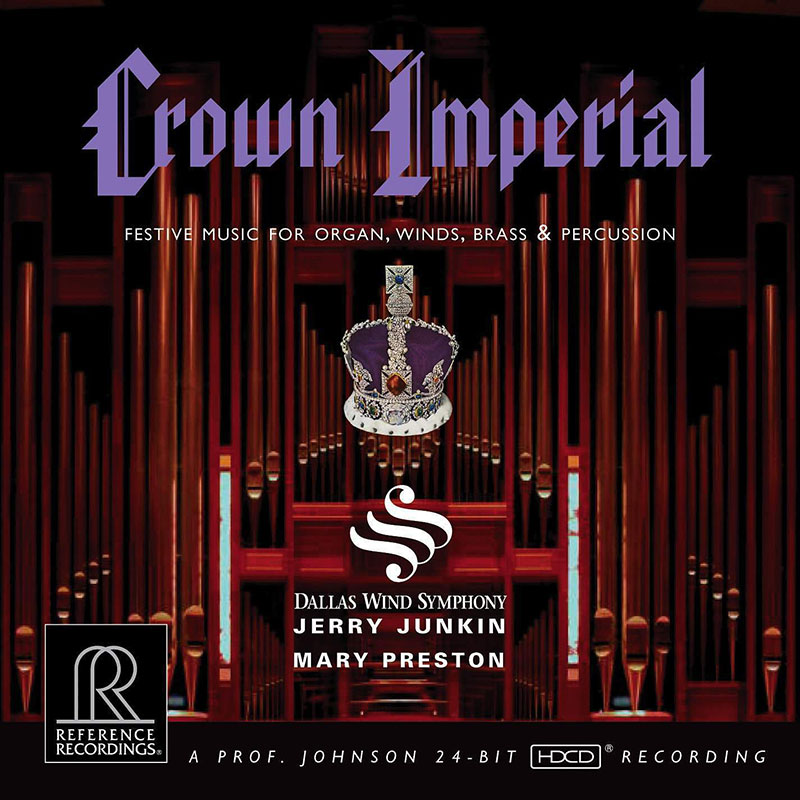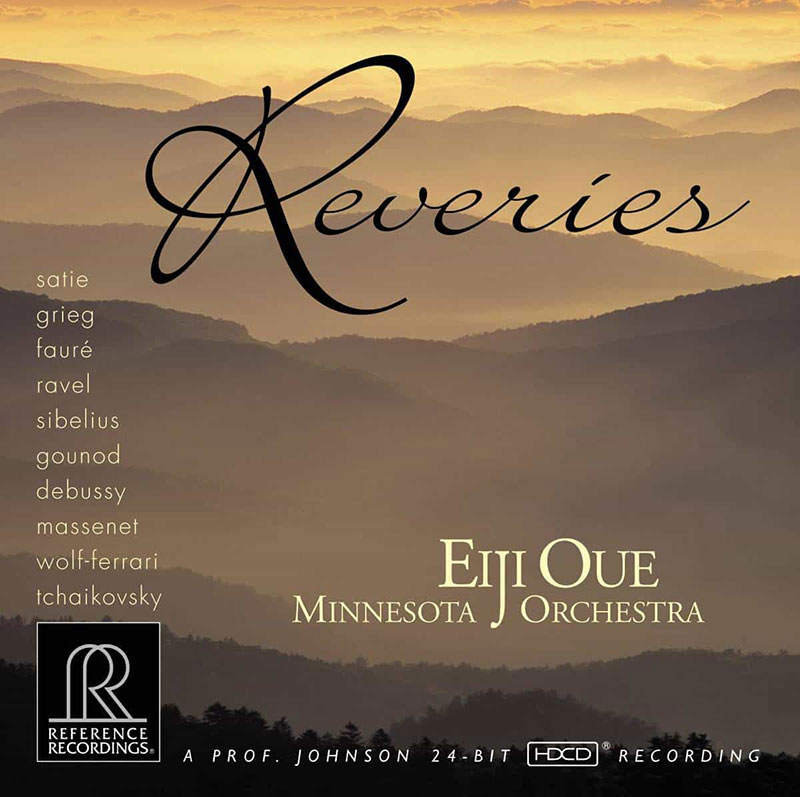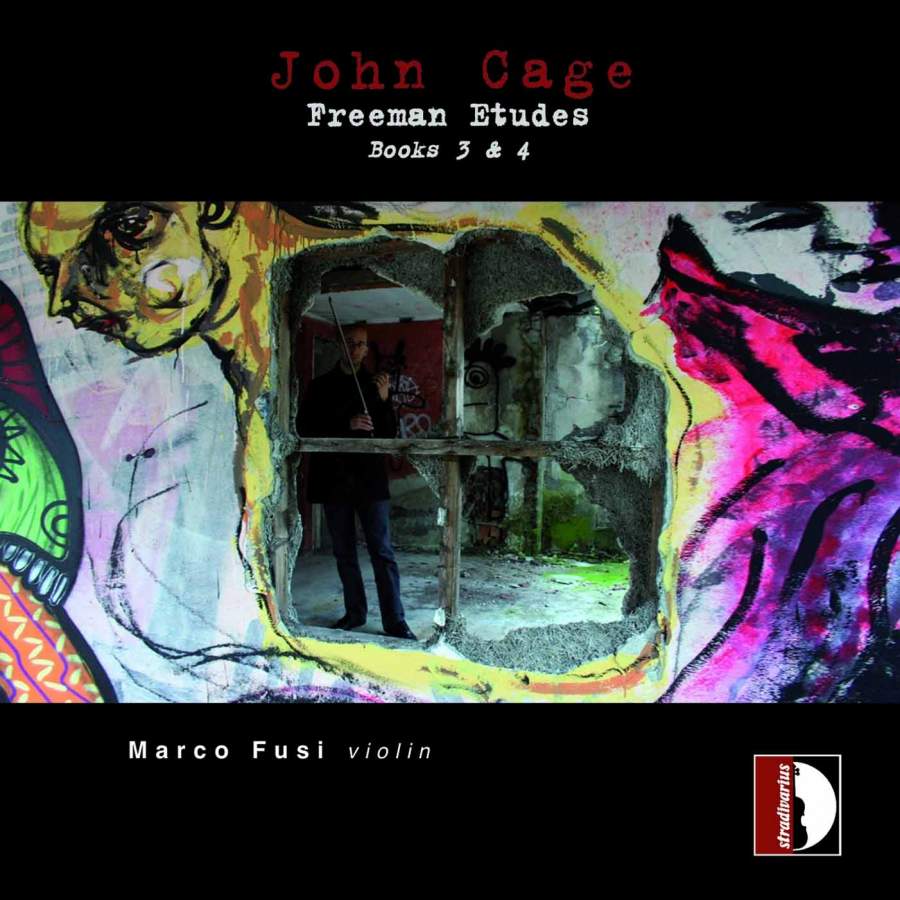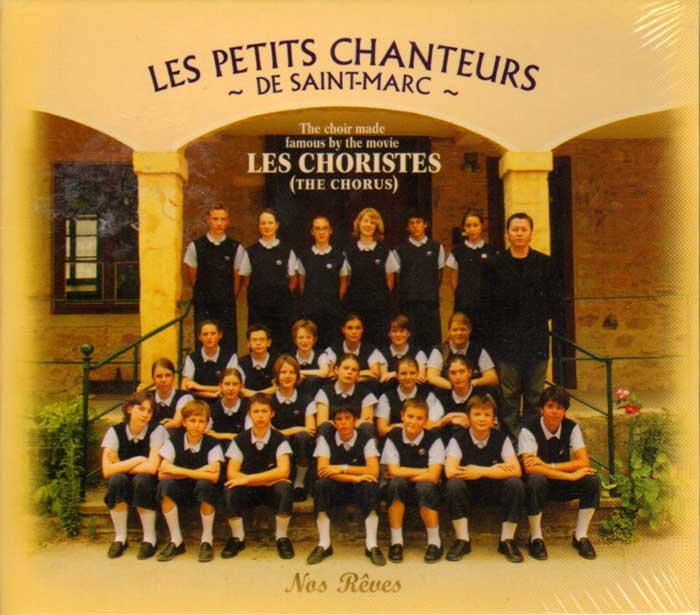Logowanie
OSTATNI taki wybór na świecie
Nancy Wilson, Peggy Lee, Bobby Darin, Julie London, Dinah Washington, Ella Fitzgerald, Lou Rawls
Diamond Voices of the Fifties - vol. 2
Tylko 1000 egzemplarzy!!!
DVORAK, BEETHOVEN, Boris Koutzen, Royal Classic Symphonica
Symfonie nr. 9 / Wellingtons Sieg Op.91
nowa seria: Nature and Music - nagranie w pełni analogowe
Petra Rosa, Eddie C.
Celebrating the art and spirit of music - vol. 3 - Pure
warm sophisticated voice...
Peggy Lee, Doris Day, Julie London, Dinah Shore, Dakota Station
Diamond Voices of the fifthies
Tylko 1000 egzemplarzy!!!
SAMPLER - STS DIGITAL, Buddy Tate, Milt Buckner, Walace Bishop
Jazz Masters - Legendary Jazz Recordings - v. 1
proszę pokazać mi drugą taką płytę na świecie!
Chesky! Niezmiennie perfekcyjny
Winylowy niezbędnik
ClearAudio
Double Matrix Professional - Sonic
najbardziej inteligentna i skuteczna pralka do płyt winylowych wszelkiego typu - całkowicie automatyczna
PROKOFIEV, Oleg Marshev, Niklas Willen, South Jutland Symphony Orchestra
5 Piano Concertos
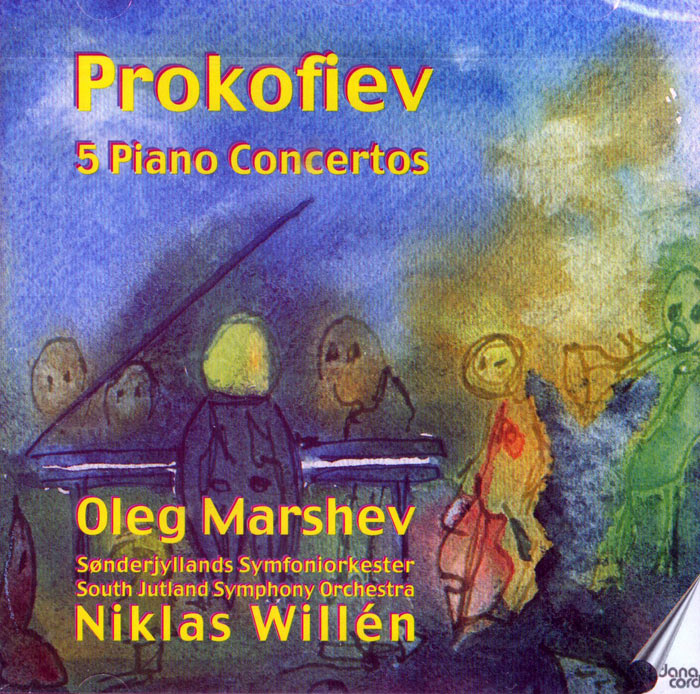
- Piano Concerto No. 1
- in D flat major, Op. 10 16:44
- [ 1 ] Allegro brioso 7:15
- [ 2 ] Andante assai 4:51
- [ 3 ] Allegro scherzando(MP3 sample ) 4:35
- Piano Concerto No. 4
- in B flat major for the left hand, Op. 53 27:29
- [ 4 ] I Vivace 4:21
- [ 5 ] II Andante(MP3 sample ) 12:59
- [ 6 ] III Moderato 8:22
- [ 7 ] IV Vivace 1:35
- Piano Concerto No. 5
- in G major, Op. 55 24:36
- [ 8 ] I Allegro con brio 5:23
- [ 9 ] II Moderato ben accentuato 3:55
- [10] III Toccata, Allegro con fuoco(MP3 sample ) 1:56
- [11] IV Larghetto 7:04
- [12] V Vivo 6:04
- DACOCD 585 (CD 2)
- Piano Concerto No. 2
- in G minor, Op. 16 37:38
- [ 1 ] I Andantino 14:01
- [ 2 ] II Scherzo, Vivace 2:33
- [ 3 ] III Intermezzo, Allegro moderato 7:36
- [ 4 ] IV Finale, Allegro tempestoso(MP3 sample ) 13:11
- Piano Concerto No. 3
- in C major, Op. 26 30:44
- [ 5 ] I Andante Allegro 10:08
- [ 6 ] II Tema con variazioni 10:04
- [ 7 ] III Allegro, ma non troppo(MP3 sample ) 10:25
- Oleg Marshev - piano
- Niklas Willen - conductor
- South Jutland Symphony Orchestra - orchestra
- PROKOFIEV
Oleg Marshev is one of the jewels in the crown of the outstanding Danish Danacord label. Yet he is perhaps not as well known in the United Kingdom as his impressive playing and equally impressive catalogue would demand. He achieved international recognition when he won the First Prize in the 1988 ‘Pilar Bayona’ International Piano Competition in Spain. This was followed by gold medals in the United States and Italy. Since that time he has toured extensively in Europe, North America and the Pacific Rim. But it is his legacy of recording that concerns us here. I have reviewed most of his Danacord releases and have always been totally impressed. He cut his teeth with a complete cycle of Prokofiev’s solo piano music. He has made an impressive survey of the largely forgotten music of Emil von Sauer. His recent CD triumphs have included the piano concertos of Rachmaninov and Shostakovich. He has been enthusiastic about introducing largely forgotten Romantic piano concertos from Denmark. As usual with any Danacord product the presentation is second to none. The feel of the disc just exudes quality. The liner-notes are extensive and leave out little information that is required for an educated and sympathetic appreciation of these works. The playing by the orchestra is splendid. Willén sensitively supports the soloist at all times. There is virtually no point at which I feel that the balance between piano and orchestra has been upset. My only slight concern is that just occasionally the piano tone is a little harsh. This may simply be a matter of taste. Generally the playing by the soloist matches the required virtuosity of these complex and demanding works. The greatest of pianists best reveal their art in the quieter and even ‘easier’ moments of a monumental work. It is perhaps all too easy to thunder out octaves and work through horrendously complex figurations so that it is impossible to judge the accuracy of the notes. It is another matter to play the intimate reflective moments in which these five works abound. Marshev impresses me across the board. Now when it comes to recommendations it is always a difficult matter. Just a brief look at the CD catalogue reveals dozens of recordings of these five masterpieces. If we look at just the Third Concerto for a moment there are some 46 editions. These include interpretations by Vladimir Ashkenazy, Jorge Bolet, Van Cliburn, Byron Janis, Nikolai Demidenko, Evgeni Kissin, Byron Janis and my own particular favourite Martha Argerich. Now how on earth does one choose between all these great names? The answer is one cannot. All one can do is ask if a given recording moves and impresses. I do not claim to be familiar with all of the above versions by any means. I was introduced to these five works by way of Ashkenazy and have largely stuck with this over the last third of a century. However I find the present two CD set stunning in every way. My method of testing is to listen to the concerto I like least. That is the Fourth for left hand! Marshev’s playing has made me reconsider its place in the pantheon! The slow movement is heart-achingly beautiful. The second test is to listen to the opening of the First Concerto with its almost Addinsellian film music feel. Marshev again passed the test with flying colours. The final hurdle for him to cross is the last movement of the Third Concerto. This is extremely demanding and frighteningly difficult – not only the notes, but the balance of material as well. Once again the pianist is totally successful in jumping all the fences – to mix my metaphors slightly. So the bottom line is this: these Five Concertos are essential listening to anyone interested in piano music, 20th century masterpieces and great pianism. If you know these works already – and you have a preferred version, enjoy it. But why not buy this present disc for contrast. It really is stunning and superb. If you are new to these works you will not be disappointed with this recording. Perhaps in thirty-three years time this will be the one that you stick with. One last thought. I am not a Prokofiev scholar, but I do know that there is an incomplete Piano Concerto No.6. I wonder just how incomplete? Have the sketches been published and has any of the music ever been recorded? John France





























